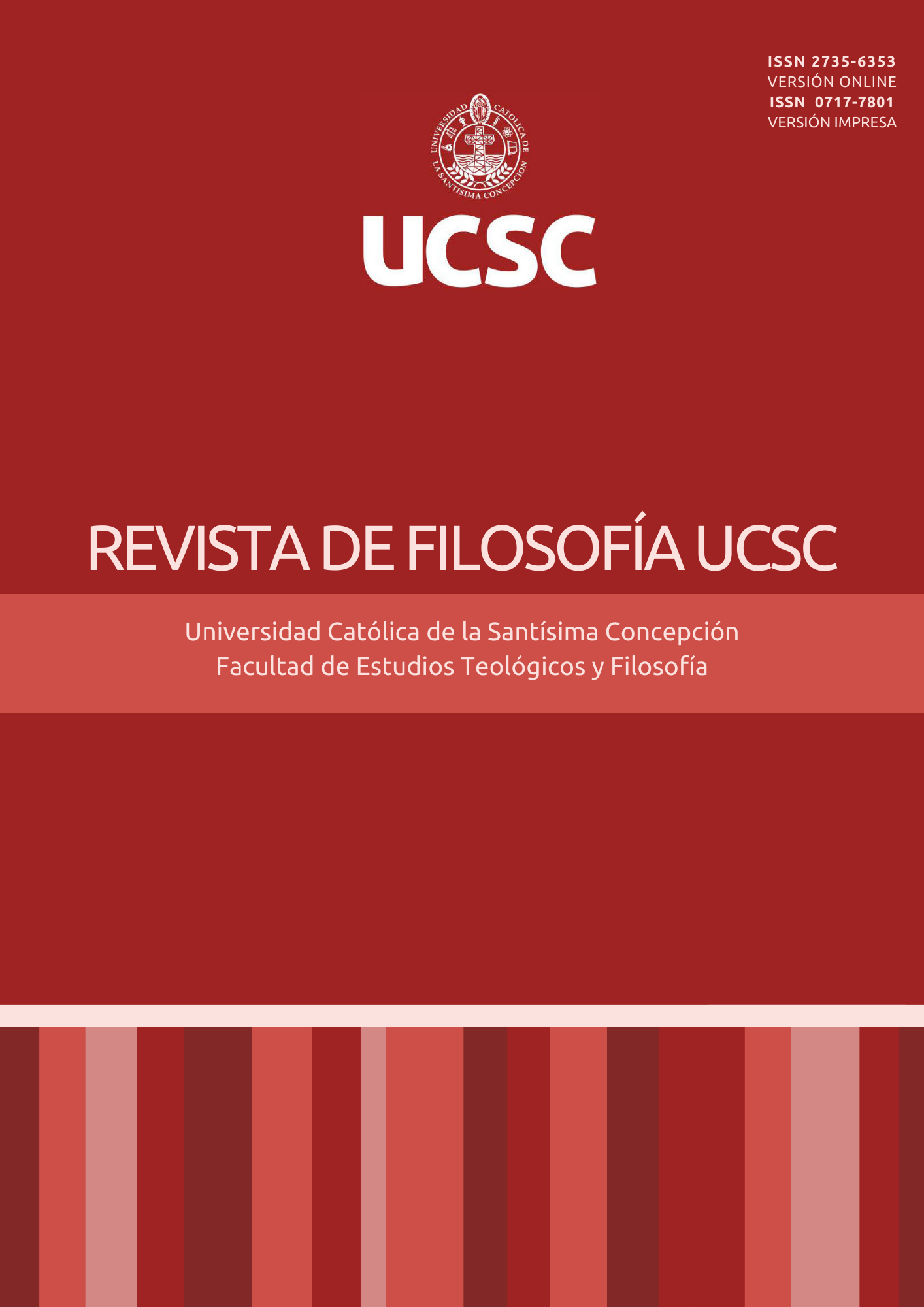Real death and symbolic death: the function of the rite in the duel work
Main Article Content
Abstract
In the present article, the relevance of ritual in the work of mourning will be expounded, making possible the transition from real death to symbolic death. To this end, a philosophical reflection on death will be initiated, linking it with Lacan's definition of a “hole in the real.” It will seek to show that, although the subject cannot evade this radical phenomenon, they can still act by assuming it. Subsequently, Žižek's distinction between symbolic death and real death will be problematized, illustrated through Hamlet and other classical Greek tragedies. Then, the concept of “mourning” will be analysed from a psychoanalytic perspective, addressing elements of Freud's reflection and its connection with Lacan's definition of death. Finally, it will be argued that ritual is essential for the effectiveness of mourning, allowing the coupling of real death to symbolic death and completing the
Downloads
Metrics
Article Details

This work is licensed under a Creative Commons Attribution-NonCommercial 4.0 International License.
The Revista de Filosofía UCSC is an open access journal and does not charge for publication. In addition, it regulates its Copyright and access policy according to the Creative Commons Attribution-NonCommercial 4.0 International Public License (CC BY-NC 4.0), therefore sharing (reproducing and distributing the material in any medium or format) and adaptation (modifying, transforming, and creating from the material) is allowed as long as proper credit is given and the citation is included with the corresponding data. Moreover, it is not allowed to use the material for commercial purposes.
References
Arendt, H. (2018). ¿Qué es política?. Paidós.
Arendt, H. (2003). La condición humana. Paidós.
Freud, S. (1984) Duelo y melancolía. En Obras completas: tomo XIV. Amorrortu.
Lacan, J. (2014). El seminario 6: El deseo y su interpretación. Paidós.
Levinas, E. (1993). El tiempo y el Otro. Paidós.
Michelson, C. (2022). Hacer la noche: Dormir y despertar en un mundo que se pierde. Paidós.
Shakespeare, W. (2020). Hamlet. Colihue.
Sófocles. (2016). Antígona. Editorial Universitaria.
Sófocles. (2016). Edipo rey. Editorial Universitaria.
Strauss, L. (2003). La ciudad y el hombre. Katz.
Rojas, S. (2020). Tiempo sin desenlace. Sangría Editorial.
Žižek, S. (2003). El sublime objeto de la ideología. Siglo XXI.




